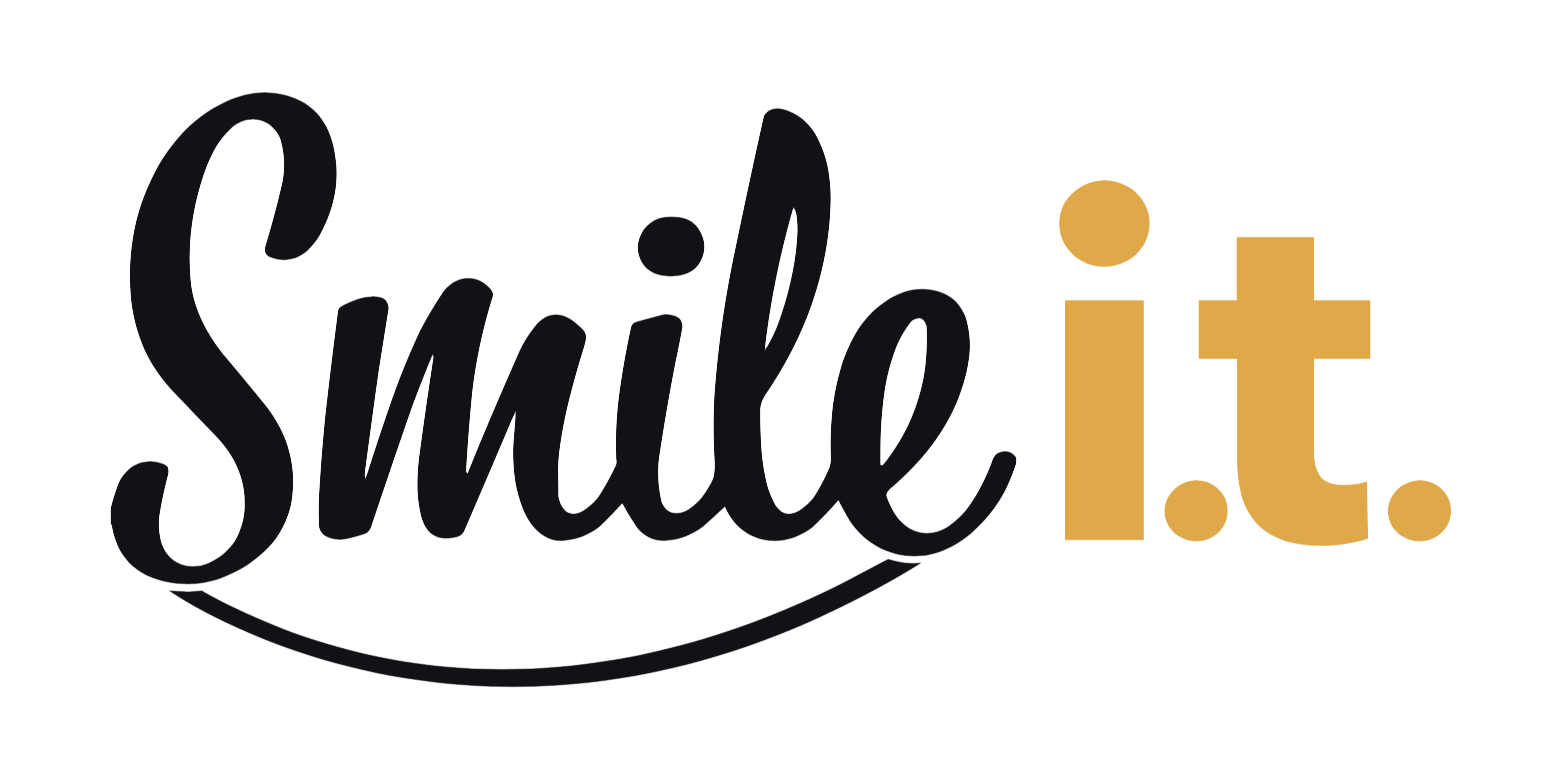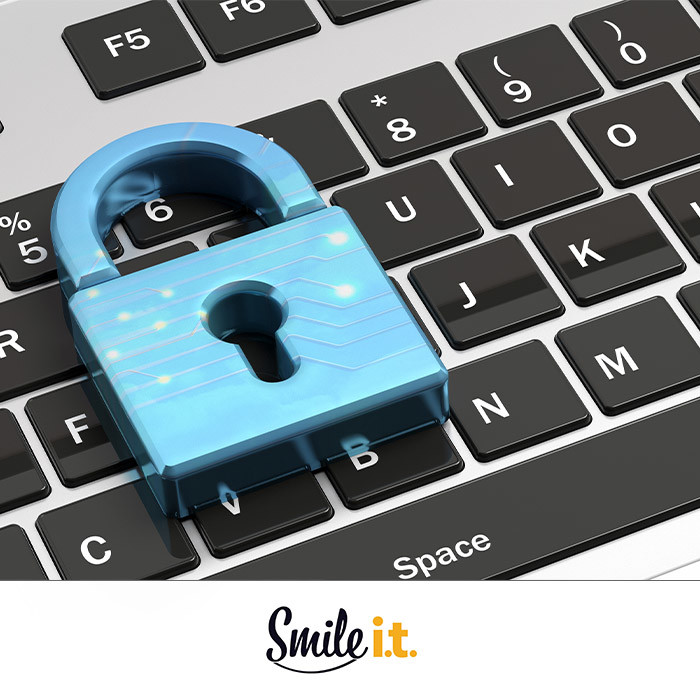Out there in cyber space, hiding behind every digital corner, there is a festering network of hackers and malcontents doing everything they can to gain access to your login credentials. Lately, they’ve been getting more and more active.
Over the last couple of years more and more businesses have moved to remote work in the wake of the pandemic. Digital transformation has really taken hold, and unfortunately its brought on a massive wave of cybercrime. Passwords are extremely hot property to cybercriminals, with compromised passwords now the number one cause of data breaches. So it makes sense to place a strong focus on increasing password security within your organisation.
Your password may be something you ‘set and forget’, but it’s actually your knight in shining armour. We cannot over-emphasis how important it is. Weak passwords are a massive security risk on a personal and a business level. They’re the only thing between all your information and all those hackers with bad intentions. Who, if given the chance, will literally ruin your business.
Today we’re going to look at how to buff the armour of your valiant knight and maximise password strength.
Setting a Strong Password
If you want to set your own password and not use the suggested strong password many platforms offer, here are a few things to avoid:
– Stay away from words or word pairs that appear in the dictionary. Hacker software can test the entire dictionary in no time at all
– Don’t use your name, your dog’s name, Grandma’s name, your jilted ex-lovers name or the name of your favourite sports team
– Don’t use your birth date, graduation date, car rego number or anniversary
– Keep clear of sequences like 2345 or ABCD
– Common words such as ‘love’ or ‘monkey’ may be easy to remember, but they’re also easier to crack. Avoid them.
– Don’t share your password. If you really really have to, change it as soon as possible.
– Take the word or phrase you like, removes spaces and spell it backwards. So Daisy Hill becomes llihysiad. Then capitalise one or two random letters: llihYsiaD. Then change a couple of letters for numbers: 11ihYsiaD. Then add some special characters: %11ih-YsiaD! According to www.howsecureismypassword.net, it would take a computer 4 billion years to crack that password
Use Multi-Factor Authentication
Multi-factor authentication means there is an additional step between entering your password and accessing your account. This could be a text message, a notification on another device, or an email. MFA is probably the single most effective thing you could do to prevent breaches of your login credentials. It might seem like a nuisance if you haven’t done it before, but according to a Microsoft study it prevents 99.9% of login credential attacks on your account.
Use a Password Manager
A password manager encrypts your login details to all your accounts, allowing you to use them if you know the master password to the manager. This means your plain text passwords are never stored on the device you’re using, and not even on the servers of the password manager. It’s a convenient and secure option, because you only need to remember one password across all of your accounts.
Ensure Your Security Settings are Configured Correctly
If you’r security settings aren’t properly set up, you could be opening your account up to a security breach. You need to be proactive in reviewing your security settings, ensuring they align with your cybersecurity strategy. We’d recommend not just accepting the default settings on a cloud or software account. Dig deeper and see what settings are on offer, and adjust them to best fit your organisation.
Be Careful When on Public Wifi
Pubic wi-fi networks are not secure at all. In fact, they attract hackers wanting to take advantage of the poor network security and steal credentials of the wifi users. Get into the habit of never inputting your passwords when you’re on public wifi. Never type in other sensitive information like credit card details either. A good option, if you absolutely have to use a public network, is to use a Virtual Private Network (VPN), which encrypts your connection and hides it from hackers.
Turn On Leaked Password Alerts
Sometimes a SaaS provider or cloud service you use gets hacked and their client credentials are stolen. This means your password will be leaked and possibly sold. Chrome has a function whereby it monitors your passwords, and if it picks up that one of them has been leaked it’ll alert you. Turn this on and stay ahead of the hackers.
Passwords are like… Underpants
Eric Griffin from PC Mag kinda summed it up best when he compared passwords to your underwear. You should change them often, never share them, and don’t leave them out for others to see. Maintain an element of mystery about them! It’s a fun way of looking at it. The best advice we can give is not to be complacent – stay alert, keep up to date with security trends, and never underestimate the importance of your password!
Want to Increase Your Password Security?
Smile IT are a Brisbane Managed IT Service Provider who can help with all aspects of your cybersecurity, from improving your password security to securing all your cloud accounts. We’ve helped companies all across Australia use technology to become more efficient and effective, whilst also bolstering their defences against cybercriminals.
To get started on your journey to being more secure online, please get in touch. One of our tech experts will be happy to answer your questions.
When he’s not writing tech articles or turning IT startups into established and consistent managed service providers, Peter Drummond can be found kitesurfing on the Gold Coast or hanging out with his family!


